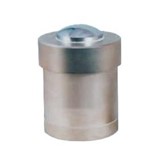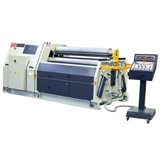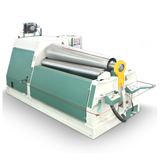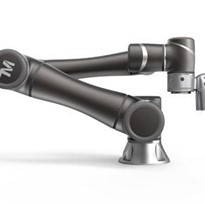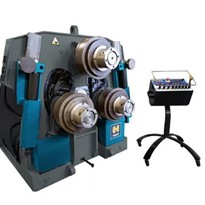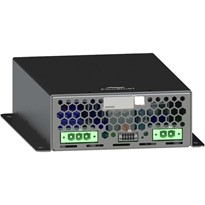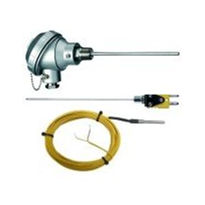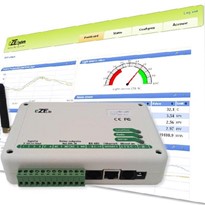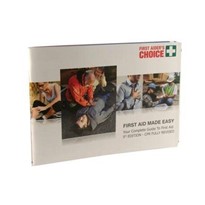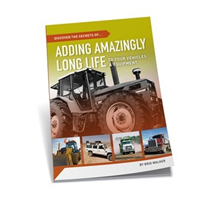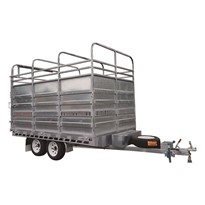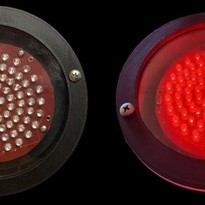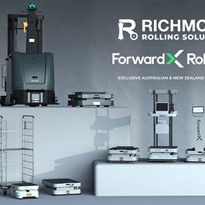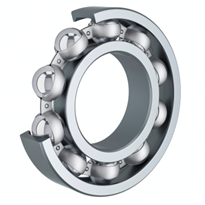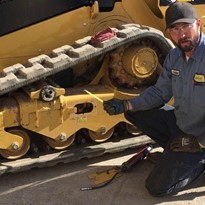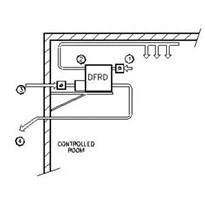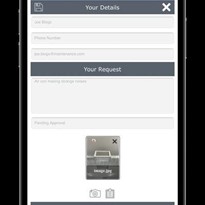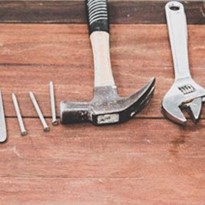Rolling stock maintenance improvements to save you cost and time
Lifting and moving bogie wheelsets the traditional way
A major rail depot needed to improve a work process which involved using a 10T forklift to lift and remove wheelsets from underneath raised wagons, to replace with new or refurbished wheels.
The 10T forklift (used for its offset weight required to lift the wheels) posed a risk of injury to staff due to its large scale being used in a small space and in such close proximity to staff.
The task relied on three staff members—one person either side of the wagon with one operating as a dogman (directional signals to the operator to move the wheels) and a 10T forklift driver.
A breakdown of the traditional process
- While two staff remove the wheel plates from the bogies, the 10T forklift driver positions the machine in line with the bogie.
-
The wagon is lifted from a central floor-mounted hoist. Once at a sufficient height, the two staff roll the wheels sideways around 500 mm to clear the axle boxes.
-
Under direction from the dogman, the forklift is driven in, and the tines are closed to lift the wheels off the track. The forklift is then reversed and swung around 90 degrees to place the wheelset on ground. This is repeated for the second wheelset.
- The process is then run in reverse, with new wheels being placed on the track under the wagon, with the staff moving them in place and lowering the wagon to allow wheel plates to be re-attached.
Reduced visibility in the workplace poses a risk to injury
Traditional methods for moving rolling stock equipment (such as bogies and wheelsets) are risky and time consuming, requiring a large 10T forklift, a licenced forklift driver and a minimum of two "spotters" (at ground level – one either side of the train carriage) additional to a forklift operator to complete the task. During this procedure, there are multiple blind spots.
The large forklift would position the operator over two metres higher than the other staff on the floor, reducing the driver's visibility, and creating a safety risk of collision between the forklift and staff. The overall length of the operation (forklift with wheelset) is 6.7m.
The forklift needs adequate space to move forwards, backwards and swivel around 90 degrees in a relatively small space, making this process more difficult than it needs to be.
Rolling stock maintenance made easy
After collaborating with the company to solve a difficult lift-and-move process in an industrial environment, we came up with a smart and simple solution.
Electrodrive’s Wheelset Mover is a custom-engineered, battery-powered device capable of moving large cylindrical objects such as train bogie wheelsets, spools and drums. It enables a single operator to move safely and swiftly with minimal effort—saving time, increasing productivity, while reducing the risk of injury.
It is simple to use, and requires significantly less space than a 10T forklift.
In terms of process, the operator positions the Wheelset Mover under the wagon, placing the tines on either side of the wheelset. Pushing a button on the tiller handle lifts the wheelset to a certain height. The operator then reverses the mover, swivels it around (it will rotate on the fixed wheels axis) and then lower the wheels.
The benefits of adopting Electrodrive’s Wheelset Mover
-
Overall length has been reduced by 50%—from 6.7m to 3.2m.
-
The overall height of operator changes from approximately 2.7m to standing height.
-
There are no blind spots, as the operator has full visibility of all points and staff members in the vicinity.
-
The task is now a two-person operation reducing process cost by 33%..
-
The operator does not require a forklift licence.
-
Reduced usage of a 10T forklift reduces wear and maintenance costs.
-
The Wheelset Mover has zero emissions (removing diesel fumes from an enclosed space).
-
Wheelset Mover can be used for all wheel moves around the workshop, removing the need for forklifts driving into the workshop and therefore eliminating a potential injury risk.


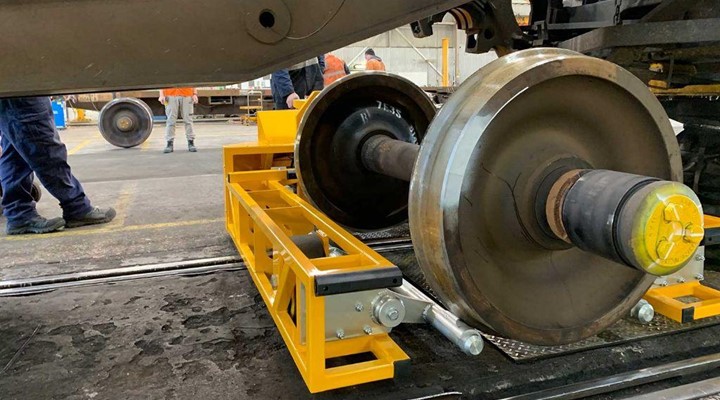
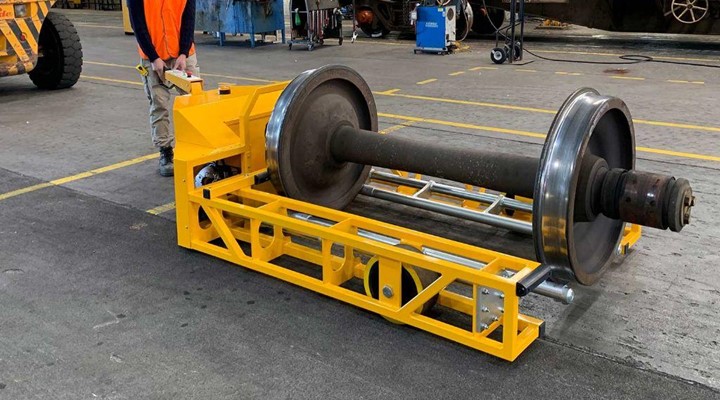
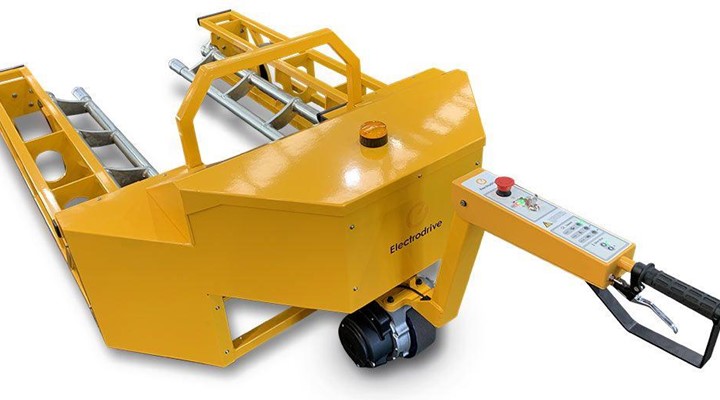
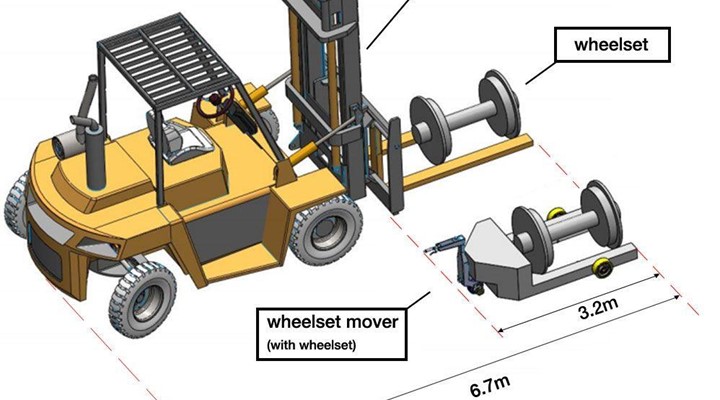
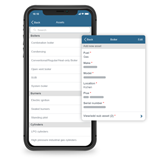


-160x160-state_article-rel-cat.png)
